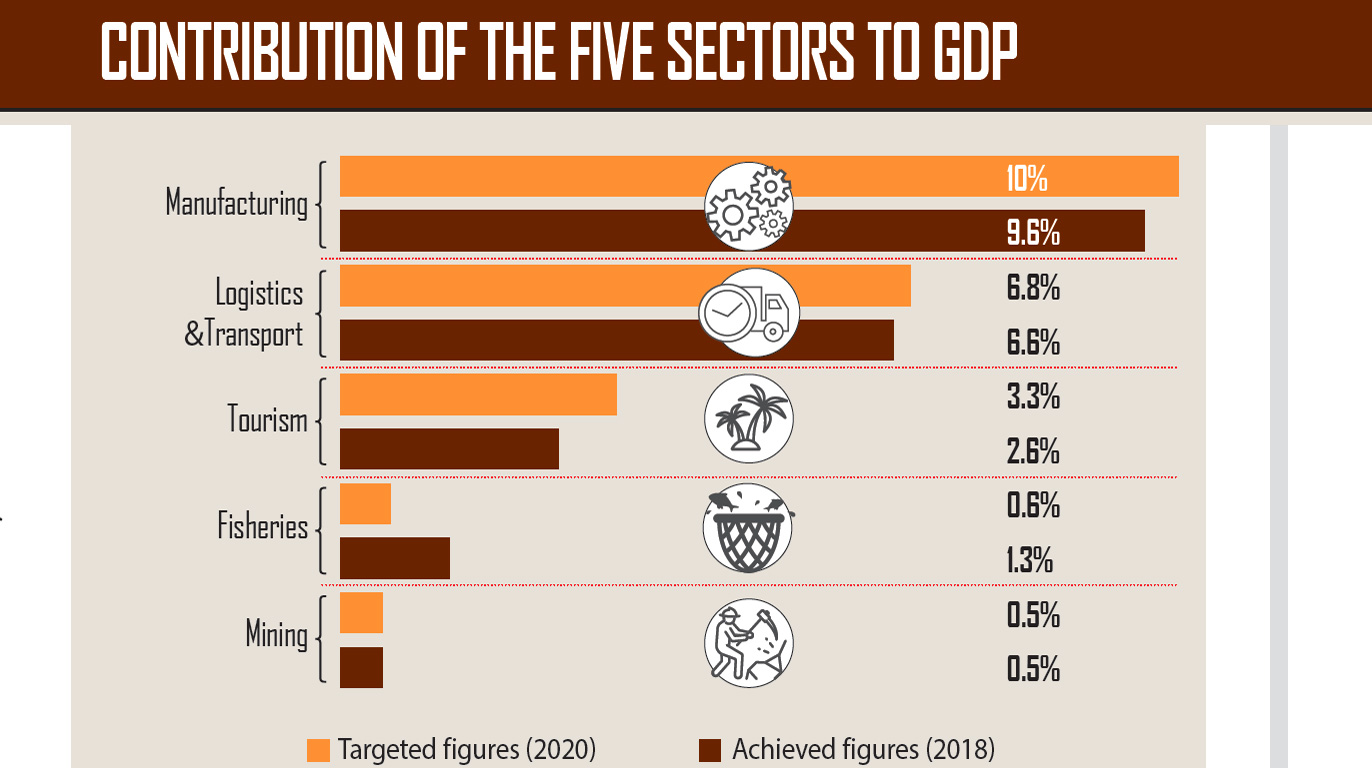


MUSCAT, JAN 1 - The state budget for 2020, approved by His Majesty Sultan Qaboos, aims at fiscal sustainability, lower public debt and higher economic growth in the Sultanate. The budget unveiled on Wednesday envisages an across the board increase in spending while maintaining a moderate deficit of eight per cent of the GDP. The spending on basic services, such as education, healthcare, housing and social welfare, continues to rise, reaching 40 per cent of public spending, which represents the largest portion of the budget.
According to a statement from the Ministry of Finance, the 2020 Budget is a bridge to Oman Vision 2040 and Tenth Five-Year Development Plan (2021-2025). “The Budget seeks to continue to spur the national economy by maintaining investment spending levels, and also supporting economic diversification policy through expanding the participation of private sector so as to play a greater role in the economy and create more job opportunities”, it said. Measures have been taken to maintain fiscal sustainability, lower public debt and achieve higher economic growth to help in sustaining employment creation and stabilizing the inflation rate.
Aggregate revenue is estimated at RO 10.7 billion, an increase of 6 per cent over the 2019 revenue and accounts for 33 per cent of the GDP.

While revenue from the oil and gas is estimated at RO 7.7 billion, representing 72 per cent of the total revenue, non-hydrocarbon revenue is fixed at RO 3 billion which is 28 per cent of the total revenue. The oil price assumed as the basis for the current budget is set at $58 per barrel, similar to the previous year’s price benchmark.
However, the budget statement expressed its concern over the global economic conditions and crude oil prices. “In spite of improvements experienced by oil markets in 2019, the Budget is still facing challenges posed by oil price fluctuations. This is due to the fact that oil revenue remains the main source of revenue for Oman. Therefore, any decline in oil prices will eventually have an impact on the 2020 Budget performance and national economy”, the statement said. According to the preliminary results, the actual fiscal deficit for the year 2020 is projected to be around RO 2.5 billion, which is a reasonable eight per cent of the GDP and lower than 2019 budgeted deficit.
“The deficit is trending downward from its level over the past three years. Any resultant increase in oil revenue will be utilised in financing the deficit”, the statement said. The deficit will be financed through external and domestic borrowing by 80 per cent. The remaining deficit, estimated to nearly RO 500 million, will be covered by drawing on reserves.
Oman Observer is now on the WhatsApp channel. Click here



